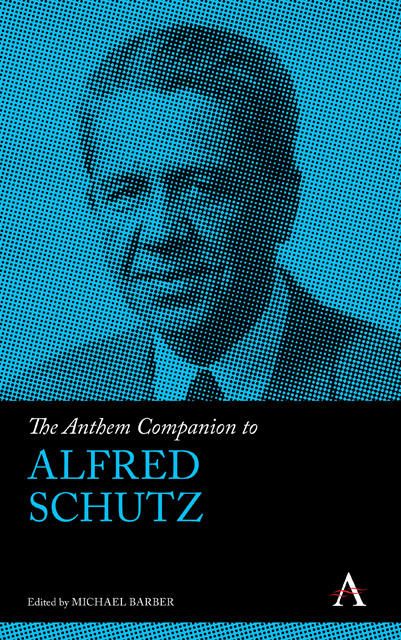Chapter Eight - The Problem of Opacity in Alfred Schutz’s Phenomenological Sociology
Published online by Cambridge University Press: 22 November 2022
Summary
Introduction: The Opacity of the Postwar World
The roots of the reflection on the problem of the opacity of the world can be traced back to the phenomenological ideas that emerged as a consequence of the postwar in France (Geroulanos 2017). In that context, the problem of opacity was shaped in parallel to the development of the critique of the idea of transparency. According to Stefano Geroulanos, postwar French thinkers built different tools for dismantling the concept of transparency that had been introduced throughout the history of European philosophy by philosophers and scientists. Transparency was identified with the establishment of modernity, notably by René Descartes and Jean-Jacques Rousseau. The Cartesian notion of transparency expressed the philosophical intuition that in principle I cannot be wrong about the content of my own consciousness that the notion of an unnoticed error in introspectively accessing the content of one's own mind is incoherent (Metzinger 2003, 363). Descartes famously expressed this idea in the last paragraph of his second Meditation: “I clearly realize [cognosco] that nothing can be perceived by me more easily or more clearly than my own mind” (Descartes 2008, 24).
That concept of transparency served as a foundation of knowledge or as a premise of human beings’ relation with their world and presented a world readily available to a mind that experiences it without mediation. This conception began to crumble after the war; the world was no longer transparent: it was “complex, layered, structured, filled with heterogeneity” (Geroulanos 2017, 10). Appealing to transparency implied denying this complexity. In the early 1980s, Gilles Deleuze captured that postwar climate. To justify his claim that a fundamental shift had occurred in cinema around 1945, Deleuze proposed that a gap had grown between perception and the world perceived: “The fact is that, in Europe, the postwar period has greatly increased the situations which we no longer know how to react to, in spaces which we no longer know how to describe” (Deleuze 1989 [1985], xi). The French philosopher reflected on a prominent feature of the early postwar climate: the recognition that “the relationship between the perceiver and the world perceived had changed abruptly and profoundly.”
- Type
- Chapter
- Information
- The Anthem Companion to Alfred Schutz , pp. 149 - 174Publisher: Anthem PressPrint publication year: 2022



